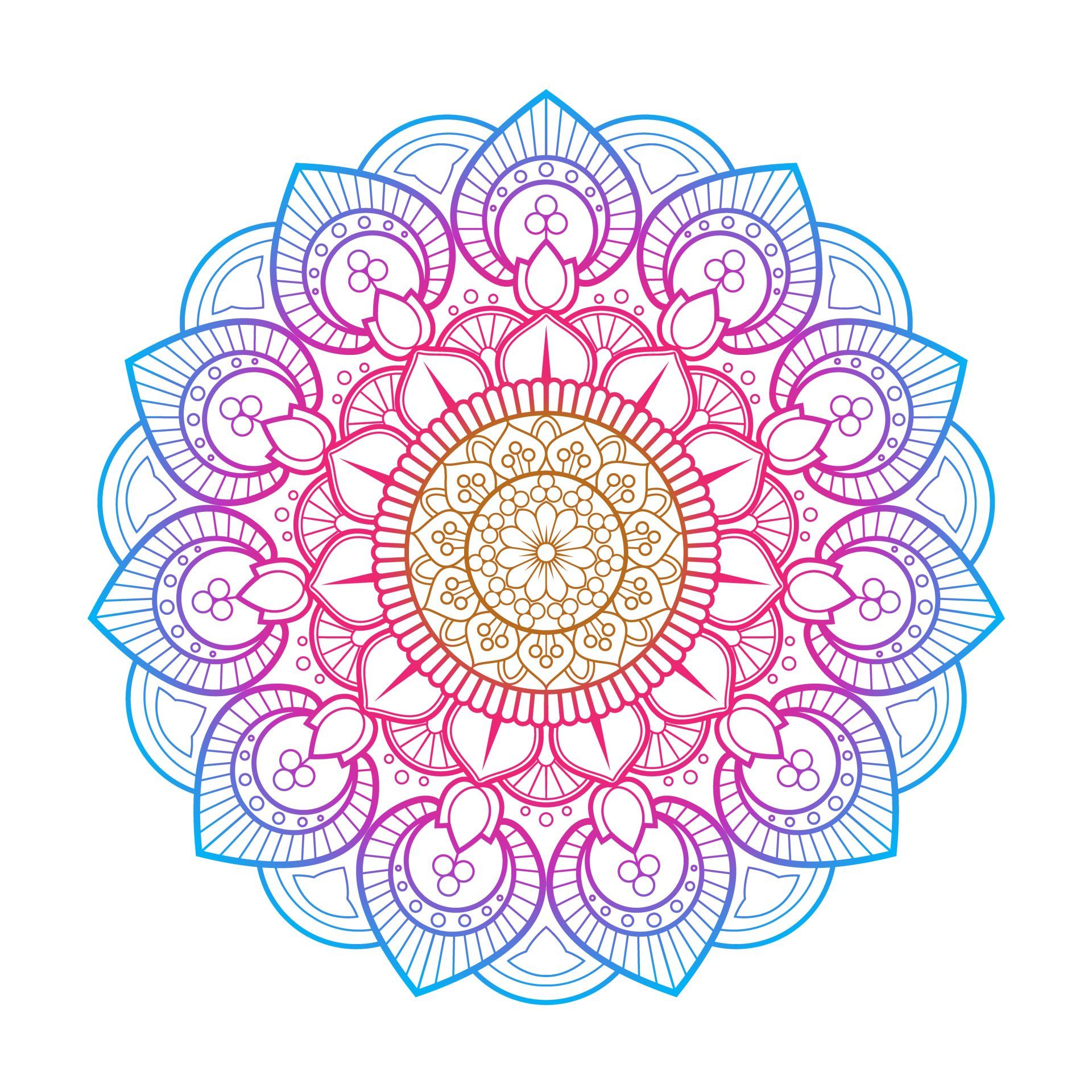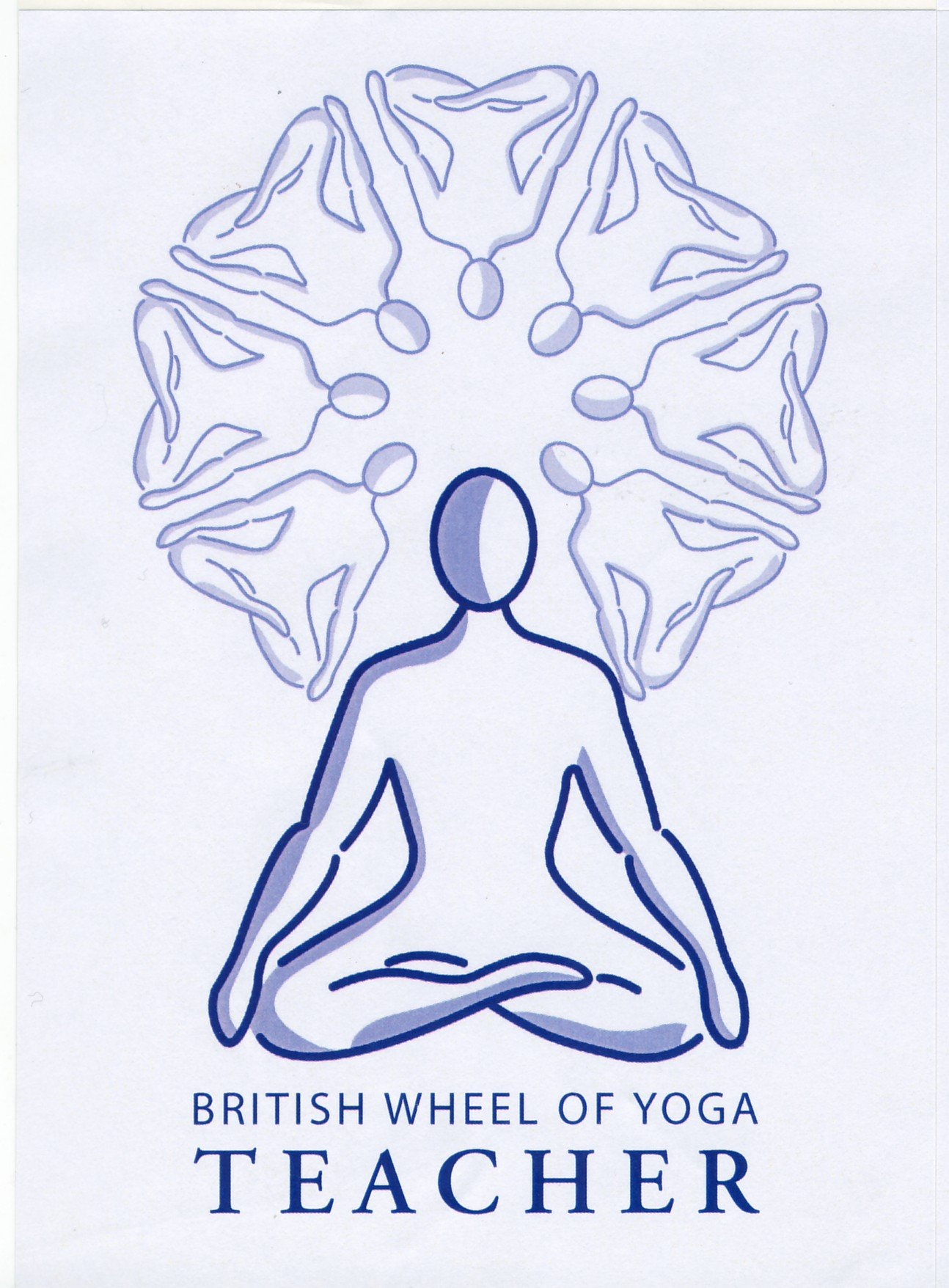Inspirational books, courses on personal and spiritual development, yoga, coaching and astrology
Press
Rose-Marie Sorokin is available for interviews and speaking engagments.
Download headshots of Rose-Marie here.
Please also find some of Rose-Marie's Articles below.
Bio:
Rose-Marie Sorokin, B.A, Dip BWY is the author of The Miracle of Yes, a teacher of meditation, yoga, spirituality and personal development, a spiritual coach and astrologer, originally from Sweden but now living in the UK. She is passionate about helping her readers, students and clients move from the impossible to the possible, from chaos to peace and from disconnection to Oneness. She is a British Wheel of Yoga qualified teacher, has three different qualifications in meditation and mindfulness and is a lifelong student of psychology, spirituality, somatics, self-development, yoga philosophy, astrology, Advaita and A Course in Miracles.
On the more personal level, Rose-Marie Sorokin is a dynamic individual with many talents: teacher, healer, writer, photographer, artist, yogini, and nature & animal lover. She is well-loved for her integration of mind, body, and spirit, creating a safe, peaceful and inspirational environment at her many workshops and retreats. She has a particular interest in working with a heart-based approach, creating a coherence between the mind and heart and reinforcing the connection with our heart as a life-affirming path of wisdom.
Rose-Marie has a deep understanding of life and the many challenges that it can present, much through her own personal experiences, growing up in an environment of many mental/emotional difficulties.
She is a dynamic and experienced speaker, workshop presenter, and visionary, dedicated to healing our world and evolving human consciousness.
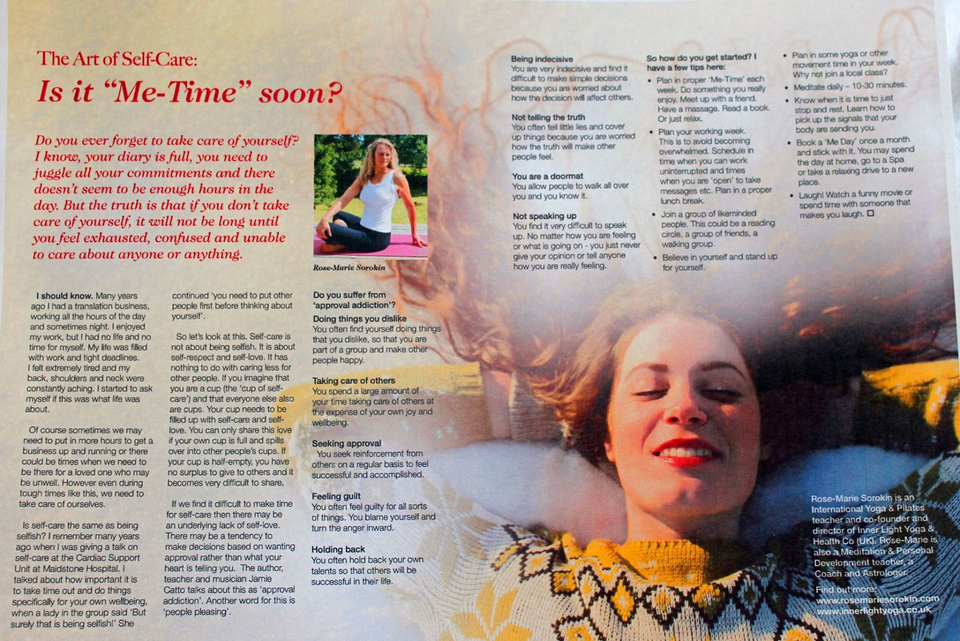
The Art of Self-Care
Is it ‘‘Me-Time’’ soon?
By Rose-Marie Sorokin
Published in Kent Women in Business Magazine 2017
Do you ever forget to take care of yourself? I know, your diary is full, you need to juggle all your commitments and there doesn’t seem to be enough hours in the day. But the truth is that if you don’t take care of yourself, it will not be long until you feel exhausted, confused and unable to care about anyone or anything.
I should know. Many years ago I had a translation business, working all the hours of the day and sometimes night. I enjoyed my work, but I had no life and no time for myself. My life was filled with work and tight deadlines. I felt extremely tired and my back, shoulders and neck were constantly aching. I started to ask myself if this was what life was about.
Of course sometimes we may need to put in more hours to get a business up and running or there could be times when we need to be there for a loved one who may be unwell. However even during tough times like this, we need to take care of ourselves.
Is self-care the same as being selfish? I remember many years ago when I was giving a talk on self-care at the Cardiac Support Unit at Maidstone Hospital. I talked about how important it is to take time out and do things specifically for your own wellbeing, when a lady in the group said ‘But surely that is being selfish!’ She continued ‘you need to put other people first before thinking about yourself’.
So let’s look at this. Self-care is not about being selfish. It is about self-respect and self-love. It has nothing to do with caring less for other people. If you imagine that you are a cup (the ‘cup of self-care’) and that everyone else also are cups. Your cup needs to be filled up with self-care and self-love. You can only share this love if your own cup is full and spills over into other people’s cups. If your cup is half-empty, you have no surplus to give to others and it becomes very difficult to share.
If we find it difficult to make time for self-care then there may be an underlying lack of self-love. There may be a tendency to make decisions based on wanting approval rather than what your heart is telling you. The author, teacher and musician Jamie Catto talks about this as ‘approval addiction’. Another word for this is ‘people pleasing’.
Do you suffer from ‘approval addiction’?
Doing things you dislike
You often find yourself doing things that you dislike, so that you are part of a group and make other people happy.
Taking care of others
You spend a large amount of your time taking care of others at the expense of your own joy and wellbeing.
Seeking approval
You seek reinforcement from others on a regular basis to feel successful and accomplished.
Feeling guilt
You often feel guilty for all sorts of things. You blame yourself and turn the anger inward.
Holding back
You often hold back your own talents so that others will be successful in their life.
Being indecisive
You are very indecisive and find it difficult to make simple decisions because you are worried about how the decision will affect others.
Not telling the truth
You often tell little lies and cover up things because you are worried how the truth will make other people feel.
You are a doormat
You allow people to walk all over you and you know it.
Not speaking up
You find it very difficult to speak up. No matter how you are feeling or what is going on - you just never give your opinion or tell anyone how you are really feeling.
So how do you get started? I have a few tips here:
1. Plan in proper ‘Me-Time’ each week. Do something you really enjoy. Meet up with a friend. Have a massage. Read a book. Or just relax.
2. Plan your working week. This is to avoid becoming overwhelmed. Schedule in time when you can work uninterrupted and times when you are ‘open’ to take messages etc. Plan in a proper lunch break.
3. Join a group of likeminded people. This could be a reading circle, a group of friends, a walking group.
2. Believe in yourself and stand up for yourself.
3. Plan in some yoga or other movement time in your week. Why not join a local class?
3. Meditate daily – 10-30 minutes.
4. Know when it is time to just stop and rest. Learn how to pick up the signals that your body are sending you.
6. Book a ‘Me Day’ once a month and stick with it. You may spend the day at home, go to a Spa or take a relaxing drive to a new place.
7. Laugh! Watch a funny movie or spend time with someone that makes you laugh.
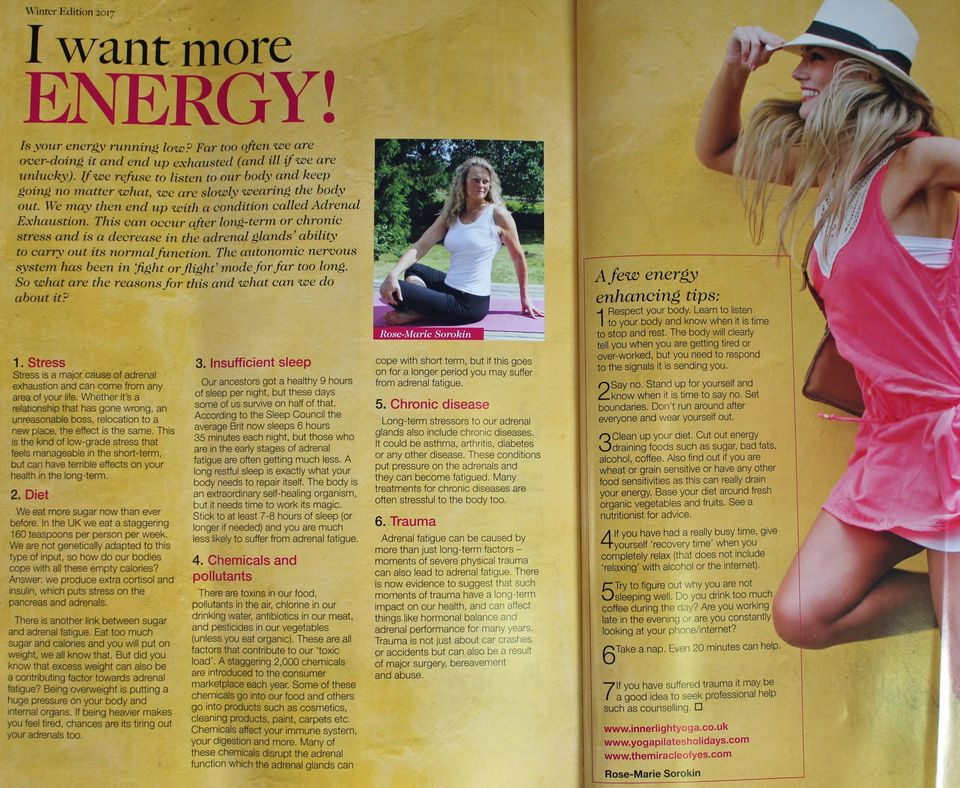
I want more energy!
Is your energy running low? Far too often we are over-doing it and end up exhausted (and ill if we are unlucky). If we refuse to listen to our body and keep going no matter what, we are slowly wearing the body out. We may then end up with a condition called Adrenal Exhaustion. This can occur after long term or chronic stress and is a decrease in the adrenal glands' ability to carry out its normal function. The autonomic nervous system has been in ‘fight or flight’ mode for far too long. So what are the reasons for this and what can we do about it?
1. Stress.
Stress is a major cause of adrenal exhaustion and can come from any area of your life. Whether it’s a relationship that has gone wrong, an unreasonable boss, relocation to a new place, the effect is the same. This is the kind of low-grade stress that feels manageable in the short term, but can have terrible effects on your health in the long term.
2. Diet
We eat more sugar now than ever before. In the UK we eat a staggering 160 teaspoons per person per week. We are not genetically adapted to this type of input, so how do our bodies cope with all these empty calories? Answer: we produce extra cortisol and insulin, which puts stress on the pancreas and adrenals.
There is another link between sugar and adrenal fatigue. Eat too much sugar and calories and you will put on weight, we all know that. But did you know that excess weight can also be a contributing factor towards adrenal fatigue? Being overweight is putting a huge pressure on your body and internal organs. If being heavier makes you feel tired, chances are its tiring out your adrenals too.
3. Insufficient sleep
Our ancestors got a healthy 9 hours of sleep per night, but these days some of us survive on half of that. According to the Sleep Council the average Brit now sleeps 6 hours 35 minutes each night, but those who are in the early stages of adrenal fatigue are often getting much less. A long restful sleep is exactly what your body needs to repair itself. The body is an extraordinary self-healing organism, but it needs time to work its magic. Stick to at least 7-8 hours of sleep (or longer if needed) and you are much less likely to suffer from adrenal fatigue.
4. Chemicals and pollutants
There are toxins in our food, pollutants in the air, chlorine in our drinking water, antibiotics in our meat, and pesticides in our vegetables (unless you eat organic). These are all factors that contribute to our ‘toxic load’. A staggering 2,000 chemicals are introduced to the consumer marketplace each year. Some of these chemicals go into our food and others go into products such as cosmetics, cleaning products, paint, carpets etc. Chemicals affect your immune system, your digestion and more. Many of these chemicals disrupt the adrenal function which the adrenal glands can cope with short term, but if this goes on for a longer period you may suffer from adrenal fatigue.
5. Chronic disease
Long-term stressors to our adrenal glands also include chronic diseases. It could be asthma, arthritis, diabetes or any other disease. These conditions put pressure on the adrenals and they can become fatigued. Many treatments for chronic diseases are often stressful to the body too.
6. Trauma
Adrenal fatigue can be caused by more than just long term factors – moments of severe physical trauma can also lead to adrenal fatigue. There is now evidence to suggest that such moments of trauma have a long term impact on our health, and can affect things like hormonal balance and adrenal performance for many years. Trauma is not just about car crashes or accidents but can also be a result of major surgery, bereavement and abuse.
A few energy enhancing tips:
1. Respect your body. Learn to listen to your body and know when it is time to stop and rest. The body will clearly tell you when you are getting tired or over-worked, but you need to respond to the signals it is sending you.
2. Say no. Stand up for yourself and know when it is time to say no. Set boundaries. Don’t run around after everyone and wear yourself out.
3. Clean up your diet. Cut out energy draining foods such as sugar, bad fats, alcohol, coffee. Also find out if you are wheat or grain sensitive or have any other food sensitivities as this can really drain your energy. Base your diet around fresh organic vegetables and fruits. See a nutritionist for advice.
4. If you have had a really busy time, give yourself ‘recovery time’ when you completely relax (that does not include ‘relaxing’ with alcohol or the internet).
5. Try to figure out why you are not sleeping well. Do you drink too much coffee during the day? Are you working late in the evening or are you constantly looking at your phone/internet?
6. Take a nap. Even 20 minutes can help.
7. If you have suffered trauma it may be a good idea to seek professional help such as counselling.
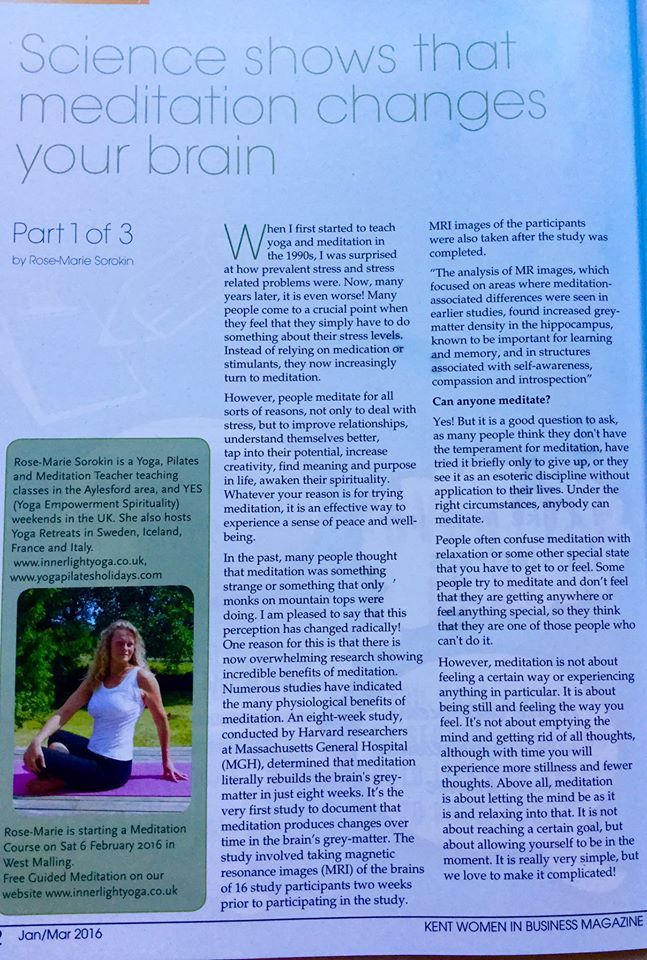
About Us
30 years experience in Yoga, Meditation, Personal & Spiritual Development
Contact info
Aylesford, Kent, UK
+44-1622 715576
info@rosemariesorokin.com
© 2024
All Rights Reserved
| Rose-Marie Sorokin
